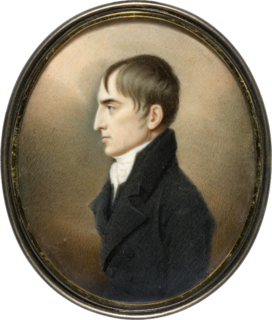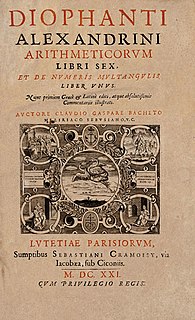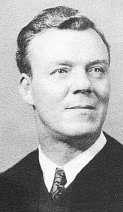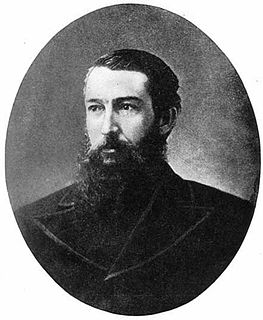A Quote by Ambrose Bierce
Epitaph: An inscription on a tomb showing that virtues acquired by death have a retroactive effect.
Related Quotes
The term 'epitaph' itself means 'something to be spoken at a burial or engraved upon a tomb.' When an epitaph is a poem written for a tomb, and appears in a book, we are aware that we are not reading it in its proper form: we are reading a reproduction. The original of the epitaph is the tomb itself, with its words cut into the stone.
"Let there be no inscription upon my tomb. Let no man write my epitaph. No man can write my epitaph. I am here ready to die. I am not allowed to vindicate my character; and when I am prevented from vindicating myself, let no man dare calumniate me. Let my character and motives repose in obscurity and peace, till other times and other men can do them justice.
His epitaph: This tomb hold Diophantus, Ah, what a marvel! And the tomb tells scientifically the measure of his life. God vouchsafed that he should be a boy for the sixth part of his life; when a twelfth was added, his cheeks acquired a beard; He kindled for him the light of marriage after a seventh, and in the fifth year after his marriage He granted him a son. Alas! late-begotten and miserable child, when he had reached the measure of half his father's life, the chill grave took him. After consoling his grief by this science of numbers for four years, he reached the end of his life.
No tabloid will ever print the startling news that the mummified body of Jesus of Nazareth has been discovered in old Jerusalem. Christians have no carefully embalmed body enclosed in a glass case to worship. Thank God, we have an empty tomb. The glorious fact that the empty tomb proclaims to us is that life for us does not stop when death comes. Death is not a wall, but a door.
































